T-Mobile and SpaceX successfuly test sending and receiving texts via satellites
We may earn a commission if you make a purchase from the links on this page.
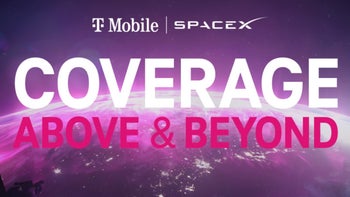
Using T-Mobile's network, SpaceX successfully sent text messages via Starlink satellites. It was just last week when Elon Musk's SpaceX launched the first six Starlink satellites equipped with direct-to-device, or D2D, capabilities. The FCC gave SpaceX the green light last month to test this technology.
D2D connects smartphones with satellites. Per CNBC, this past Monday, SpaceX said that it "sent and received our first text messages to and from unmodified cell phones on the ground to our new satellites in space." SpaceX stated that the test "validates" that "the system works." SpaceX hopes to start offering D2D text service this year and will eventually add features such as voice service, data service, and Internet of things services in 2025. Starlink internet service relies on 5,000 orbiting satellites covering 2.3 million customers globally.
SpaceX says that "there is incredible demand and high interest" in allowing the Starlink satellite to add D2D capabilities. Besides T-Mobile, other wireless providers that are partners with SpaceX include Canada’s Rogers, Australia’s Optus, and Japan’s KDDI. Other partnerships have been developed between smartphone manufacturers, wireless providers, and satellite companies. A good example of this is the Apple-Globalstar team that offers Emergency SOS via Satellite on the iPhone 14 line and iPhone 15 series.


The iPhone's system allows a user who finds themselves in an emergency situation in an area not covered by cellular service to send an emergency text via satellite to emergency responders who dispatch help to the iPhone user's location. The feature has already saved lives.
One partnership that failed was the one between chipmaker Qualcomm and Iridium. Called Snapdragon Satellite, the service was supposed to be used on Android handsets to deliver emergency service via satellites. But not one Android phone manufacturer decided to add Snapdragon Satellite to their handsets and the partnership officially endedon December 3rd.
Earlier this month, when SpaceX launched the first Starlink satellites with D2D, T-Mobile President of Marketing, Strategy, and Products, Mike Katz, said, "Our mission is to be the best in the world at connecting customers to their world and today is another step forward in keeping our customers connected even in the most remote locations for added peace of mind when they need it most. Today's launch is a pivotal moment for this groundbreaking alliance with SpaceX and our global partners around the world, as we work to make dead zones a thing of the past."




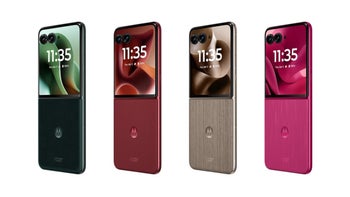


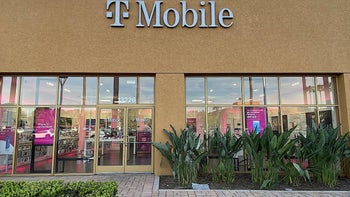
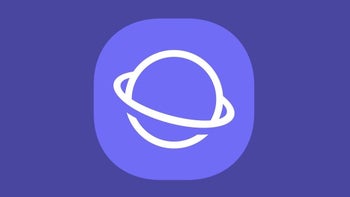
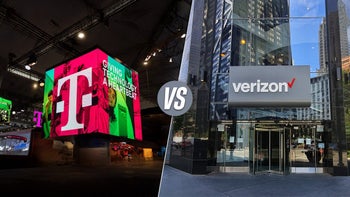
Things that are NOT allowed: